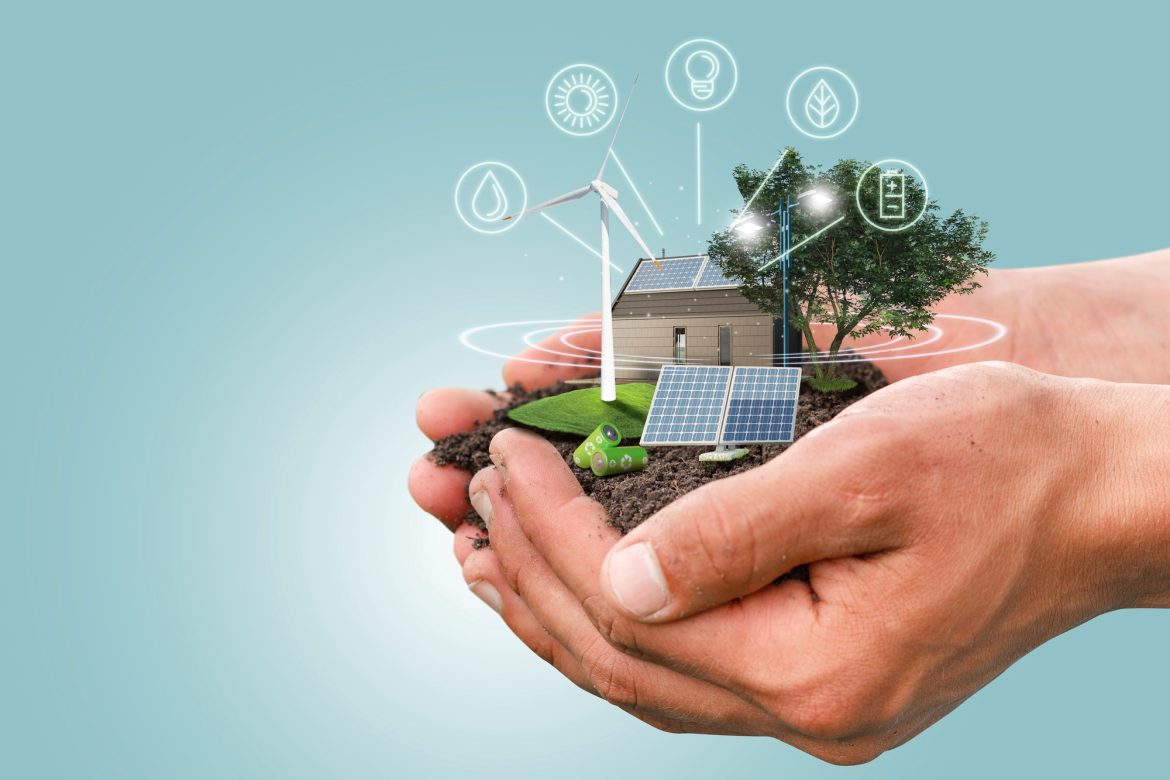Nigerian energy sector stakeholders have raised concerns about the inherent challenges in achieving the country’s ambitious energy transition goals. Following the United Nations 28th Conference of Parties, experts acknowledged the potential of Nigeria’s Energy Transition Plan (ETP) but cautioned that turning it into reality could be difficult.
Energy specialist Olubunmi Bashiru pointed out that while the ETP is a strategic roadmap for Nigeria’s shift to cleaner energy, significant hurdles remain. Bashiru emphasized the need for substantial financial investments in renewable energy, infrastructure, and social support initiatives. She also highlighted the challenges of navigating political interests, particularly opposition from key players in the oil and gas sector, and the necessity of developing skills and expertise for a sustainable energy future.
According to a report by The Guardian, Bashiru stressed the long-term benefits of moving away from fossil fuels, including economic growth through job creation and economic diversification. She argued that transitioning from imported fossil fuels could enhance Nigeria’s energy security and position the country as a leader in climate change initiatives in Africa.
“Nigeria’s journey to a cleaner energy future will hinge on meticulous planning, international collaboration, and steadfast commitment,” Bashiru said. She underlined the critical role of political leadership, international support, and public awareness in the success of the ETP.
“Oil and gas significantly contribute to Nigeria’s economy, but they also come with substantial environmental costs,” Bashiru added, noting that Nigeria’s energy transition reflects a global challenge in moving away from fossil fuels.
Kelvin Emmanuel, CEO of Dairy Hills Limited, stressed the importance of the Nigerian government prioritizing achievable goals before undertaking extensive decarbonization efforts. He outlined key objectives like promoting rural use of cooking gas to reduce wood logging and ensuring low sulfur and high octane levels in Nigeria’s petrol.
Emmanuel also called for the implementation of a hydrocarbon remediation program in the Niger Delta and urban planning that focuses on tree planting in densely populated and industrial areas. “Decarbonization and the energy transition cannot be discussed without addressing these immediate priorities,” he concluded.



